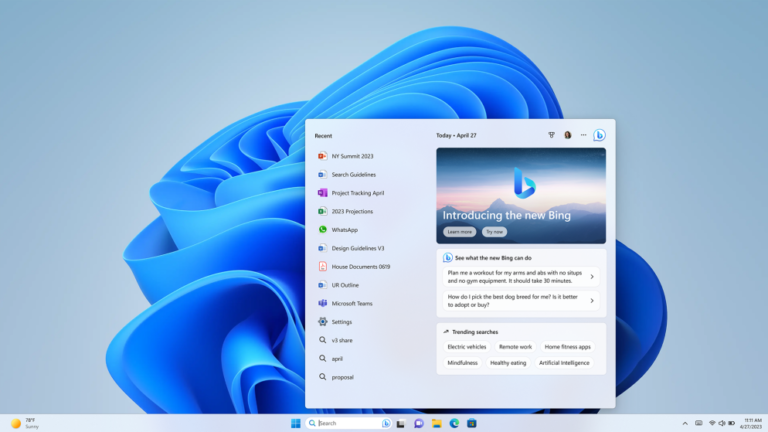It is common knowledge that Windows 11 has not had the same level of popularity among computer users as its predecessor. Despite being on the market for two years, Windows 10 continues to outsell Windows 11 23% to 70%, according to the most current Statcounter data. The rather severe hardware requirements for Windows 11, which demand a “suitable” 64-bit Processor and a hardware TPM 2.0 module, are one of the causes of this discrepancy. This excludes several recent PCs, but a hack has been found that enables anyone to get over these onerous limitations and install it on just about any computer.
The solution is so straightforward that we are baffled as to why it wasn’t found during pre-release testing. The only thing needed to get around the prerequisites is to install Windows 11 from the command prompt and add the line “/product server” when pointing to the setup.exe file. A individual in Vietnam first identified this flaw a year ago, but it wasn’t widely publicized. Last week, a Twitter user retweeted it, which brought the straightforward workaround the exposure it deserves. According to PCWorld, it was tested on the most recent Windows 11 Canary release and is still functional. A notification that claims Windows Server is being installed during installation really refers to Windows 11 Home or Pro.
HUGE GROUND BREAKING DISCOVERY! 🤯
— Bob Pony (@TheBobPony) October 8, 2023
To ALL users that don't meet the artificial requirements for Windows 11, I GOT SOME GREAT NEWS TO SHARE!
When adding "/product server" switch to setup.exe in the Windows 11 setup directory, it BYPASSES the Windows 11 hardware requirement checks. pic.twitter.com/Ig5FtQhOID
If Microsoft doesn’t quickly patch this out of existence, this may conceivably pave the way for Windows 11 to be installed on a lot more computers. Once it reads about this story, we imagine it may already be working on a repair, but it would also undoubtedly appreciate it if more people switched to Windows 11. As a result, we’ll have to wait and see how it reacts. Microsoft reportedly put those criteria in place for security-related reasons. Thus, it might not be a good idea to install Windows 11 on an outdated PC. Using it on a dated machine from the Windows 7 era might also result in performance problems, but we envision doing so on a device with Windows 10.
Although this is undoubtedly a clever method, it is still unclear whether users of older systems will want to update Windows 11. As fundamental criteria for an operating system, Windows 10 is still quick and dependable, and for many users, there aren’t many compelling reasons to switch. Additionally, even though Windows 10 is no longer gaining any new features, it will continue to get security patches for another year. But, it would be interesting to test this hack out as an experiment if you have an old computer laying around that you don’t use very often.

